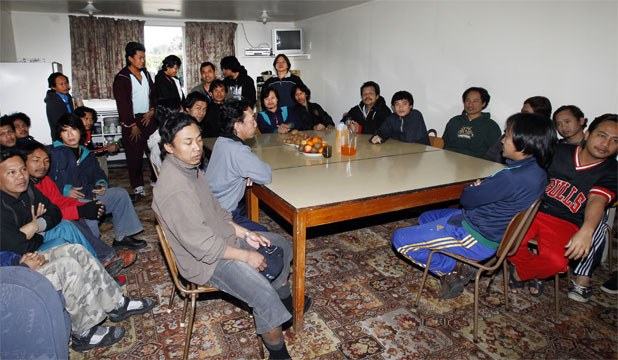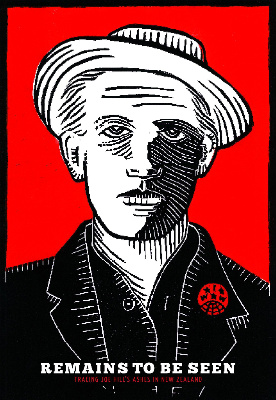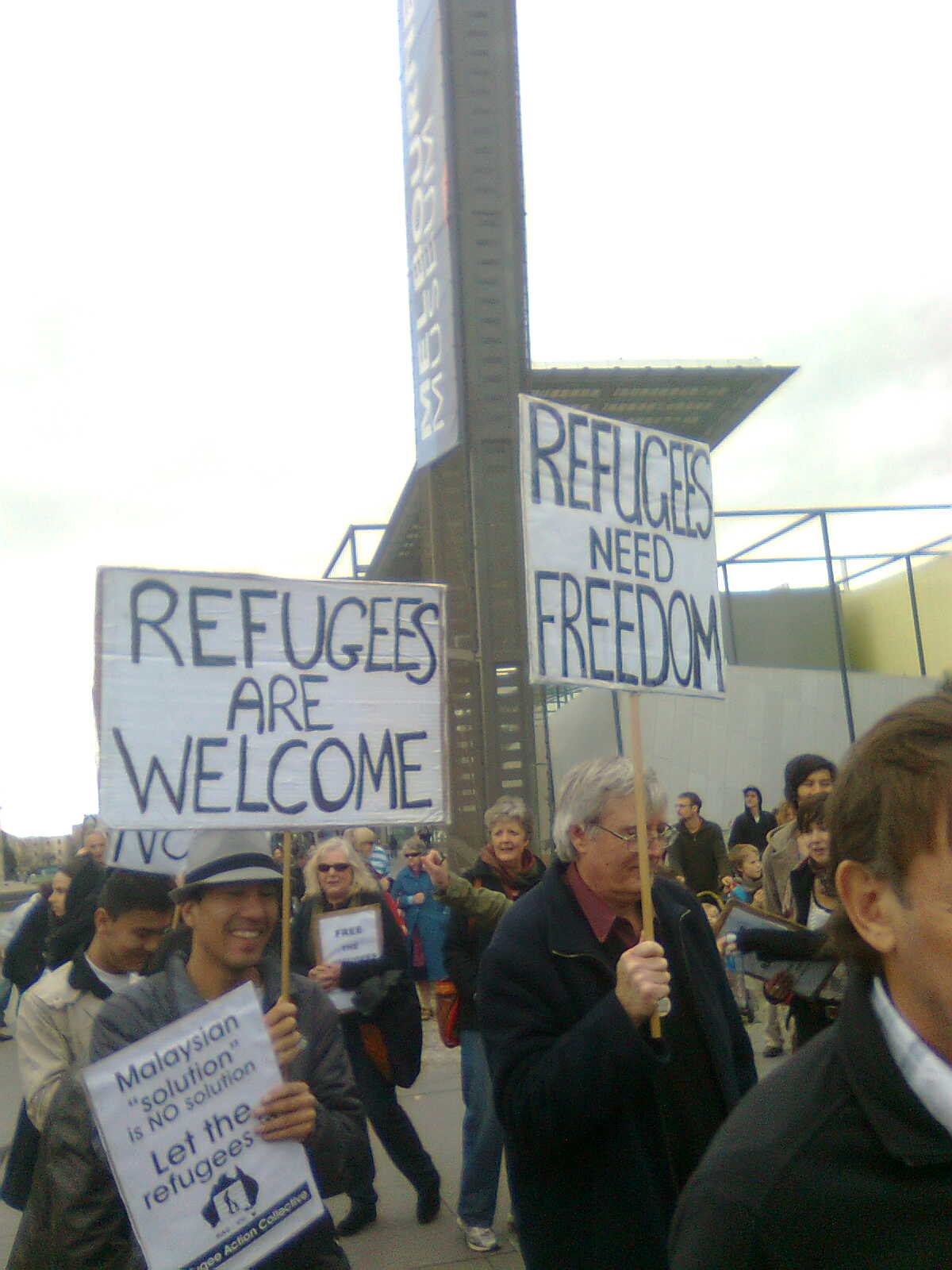
Heleyni Pratley, Workers Party, Wellington branch
In 1901 administration of the Cook Islands was handed over to New Zealand from the British with some conditions. One was that there would be no sale of land to New Zealand, with the British saying they were dissatisfied with the New Zealand government’s handling of Maori land. This meant that all Cook Islanders, including those living abroad, had land rights and native land in the Cook Islands which could not be bought or sold, except to the government for public purposes. In 1902 New Zealand set up a Land Court with the aim being to increase the commercial productivity of the land and to lease it to Europeans.
The New Zealand government believed that the native population was ‘dying out’ and it wanted Europeans to farm tropical produce for export to New Zealand. So the authorities leased land to Europeans while leaving ownership in the hands of Cook Islanders who would – according to their thought at the time – eventually disappear.
There are now approximately 130,000 Cook Islanders, and the vast majority had retained rights to their customary lands. Even those who left the Cook Islands still have land ownership and hundreds of people had rights to blocks of land.
But in 2009 new legislation was passed in regard land ownership called the Land Agents Registration Act 2009. The reason this new law needed to be passed was because the majority of the land in the Cook Islands was owned collectively by large families and community groups.
Why was this form of ownership a problem? If it ain’t broke don’t fix it right? Well it depends on who you are talking to on deciding whether this socialised ownership of land was working or not. It was working pretty well for the majority of Cook Island people but for the ruling class of the world who own big business and for government’s which look after those capitalist interests this was a big problem. Why? Well because if you don’t have an individual owner it makes it very hard to buy and strip all the assets and sell the land. And how can you build a Hilton hotel if you can’t buy the land to build it on?
In 2005 the World Trade Organization recommended that in order for pacific countries to grow ‘economically’ and become more like their ‘Asian Tiger’ counterparts ( Hong Kong, Tai Wan ), the individualising of land ownership would be an essential building block.
The 2009 law required that a family may nominate one single owner of the land and that this individual has the sole legal authority to lease the land with a maximum lease period of 60 years. If a family can’t decide which person to nominate then the government appoints someone.
From a market point of view, now the Hilton can be built on land that can be leased for very low rent. After the 50 year lease is up the family can have the land back on the condition that any assets that have been built on the land are bought as well. Pacific Island nations have a history of being dominated by imperialist powers that rip off the people. The New Zealand government is one of the worst culprits.









